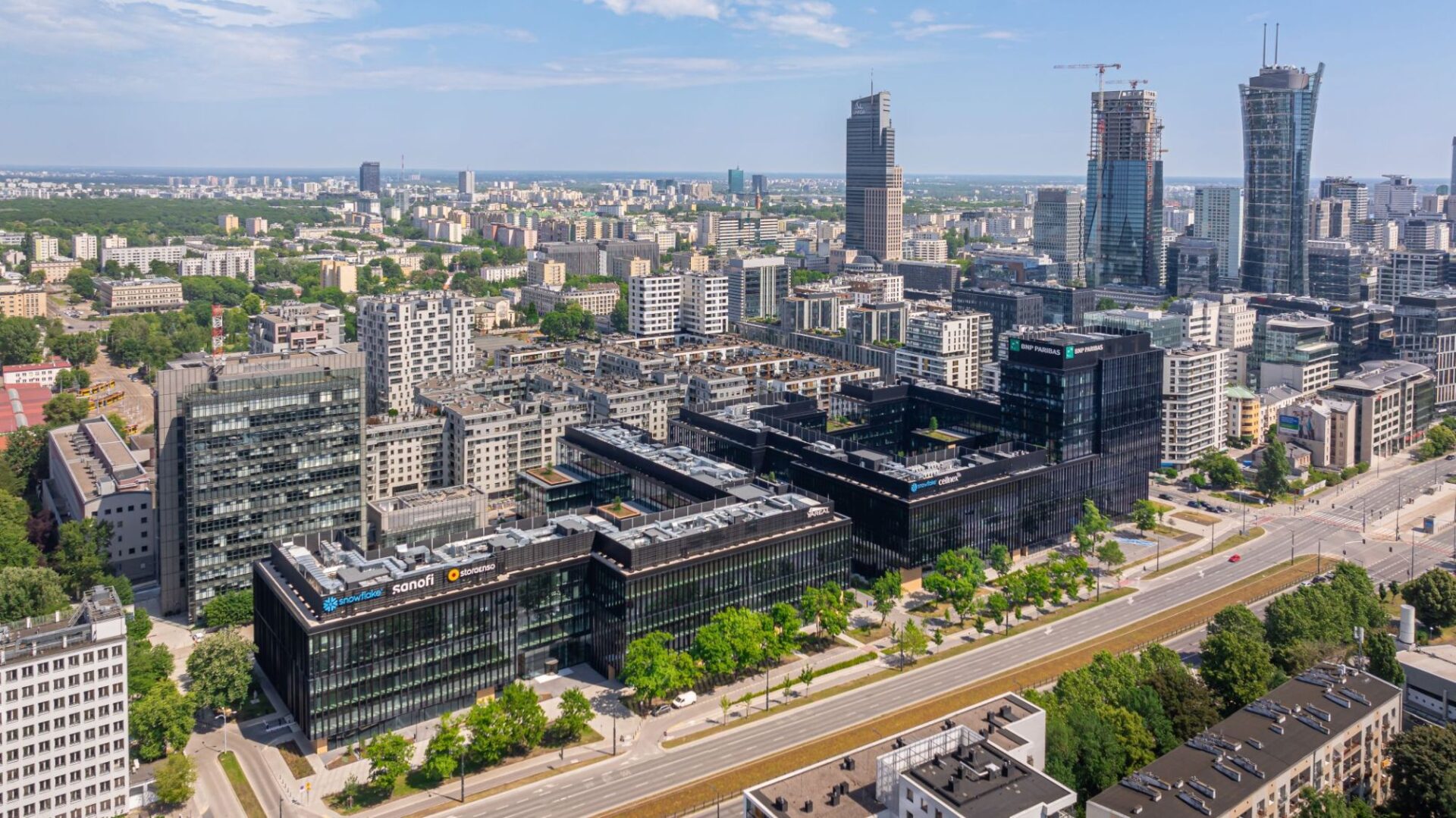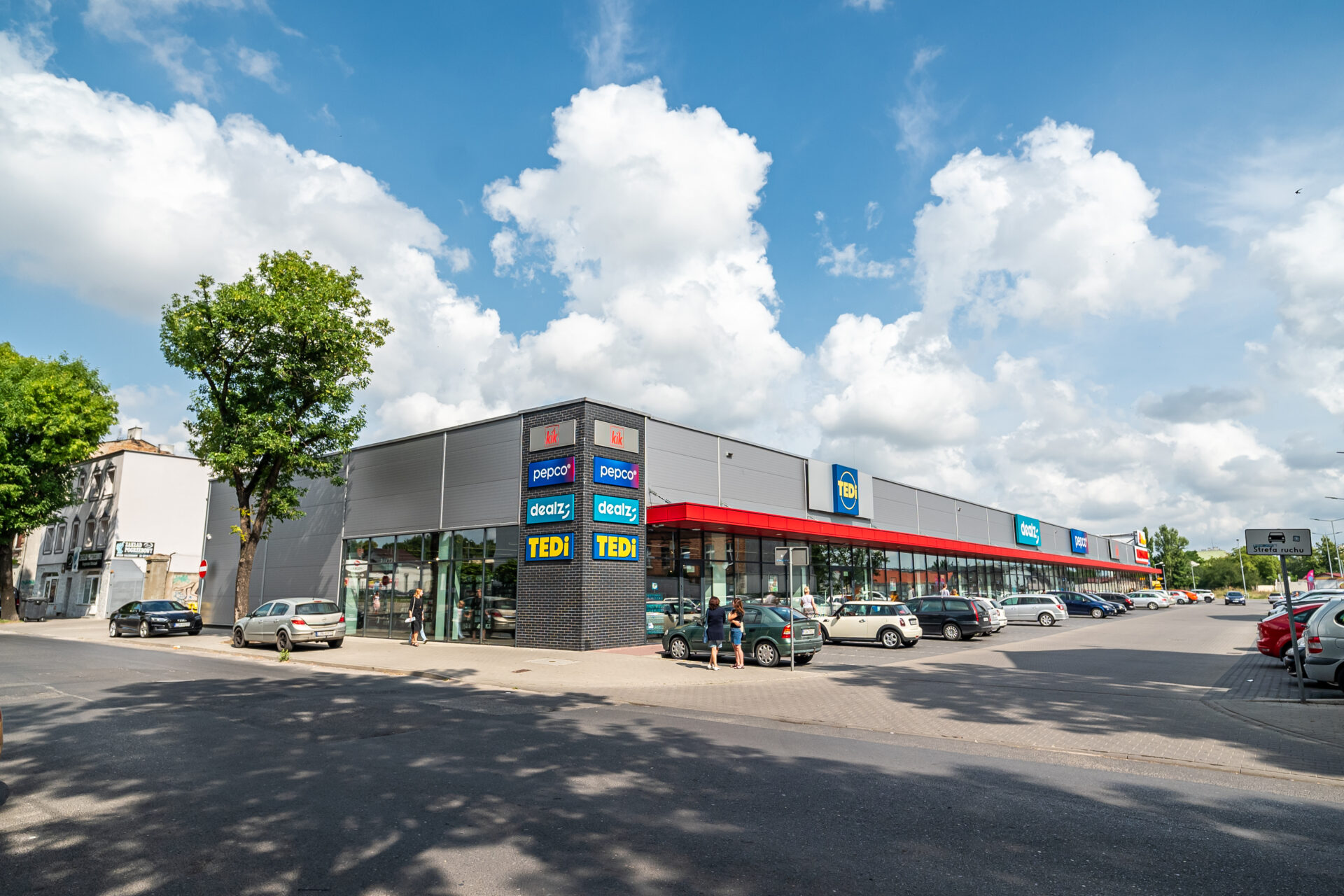According to the latest RICS Commercial Property Monitor, occupier and investment sentiment continues to be broadly positive in Central and Eastern Europe for Q1 2016. Sentiment in both the Occupier and Investment markets registered a positive value across Bulgaria, the Czech Republic, Hungary and Romania.
At the same time RICS announces the increasing return of investors to Croatia’s property sector, in its brand new Croatian Commercial Property Monitor.
Hungary is still a standout performer
The RICS Occupier Sentiment Index (which captures overall near term momentum on the occupier side of the market) stands in positive territory in each country, pointing to improving market dynamics. Hungary displays the strongest reading (+57), driven by robust growth in occupier demand. Hungary is the only country (of the five) in which availability is now decreasing, with tighter conditions ensuring that rental expectations are buoyant across all sectors. Prime office and retail rents are projected to see the sharpest growth of around 7 percent and 6.5 percent respectively.
“We are very positive in Hungary both from the occupier and investor demand side. The tenant market is turning into a landlord market, which is always a good time to develop and invest. Players should be selective and examine carefully in order to find the right targets and manage them professionally,” commented Judit Varga MRICS, Director, Head of Office Agency, CBRE.
Tenant demand is also growing at a solid pace in Bulgaria, Croatia, the Czech Republic and Romania. The office sector is generally the strongest segment of the market across these nations, although industrial is the standout performer in the Czech Republic. Nevertheless, availability continues to rise in each instance (with the exception of Bulgaria, where it was unchanged at the all-sector level), and this is weighing on the rental outlook somewhat. Bulgaria is expected to see solid rental growth across all prime locations for office, industrial and retail space. Elsewhere, rental projections are mixed. Prime office rents in Croatia should increase modestly, while Romania and the Czech Republic may see marginal rental growth in prime locations across each sector. However, rents across secondary space are expected to fall in Croatia and Romania.
“In Romania yields have compressed by 25 bps since the start of 2015, and might further compress in 2016, but also at a slow pace with another 25 bps. Q1 witnessed a slight increase of the market, prospects for 2016 are positive given the projected economic growth of the country, but also the availability of quality product and the still significant yield spread between Romania and Poland or the Czech Republic. The rents are expected to increase on prime retail, to remain stable on industrial and prime office and register a modest decrease in secondary office. Considering that in 2015 around 80 percent of the transactions were realized by 5 buyers only, the difference this year will be made by the new investors that are ready to shift from prospectors to active buyers,” said Catalin Jaloba MRICS, Head of Valuation Advisory and Business Development Manager with JLL.
“As the market recovery is picking up speed, we are seeing an increased interest from investors for the Croatian property market. The market has matured in recent years and we believe it is now in a strong position to meet the needs of both local and international investors and developers,” said Hrvoje Kvasnicka MRICS, LEED AP, BREEAM Assessor, Managing Director, Bricmore.
Elsewhere, rental projections are mixed. Prime office rents in Croatia should increase modestly, while Romania and the Czech Republic may see marginal rental growth in prime locations across each sector (prime retail is increasing, stable on office and industrial).
“The Czech Republic has seen robust growth in the level of take-up across the majority of sectors in Q1 2016 (year on year). Historically low new supply of office space is likely to push vacancy rates down this year, resulting in a slight upward pressure on effective rents in certain prime locations. Persisting strong occupier demand in the industrial sector, combined with a high share of built-to-suit construction, keeps vacancy rates at below 5 percent. Prime high street retail and shopping centres are also seeing sustained rental growth. Investment activity remained buoyant in Q1 2016, mainly geared towards retail followed by offices. Thus total investment volumes could approach similar levels as in 2015 when €2.8bn of real estate was transacted. The Czech Republic, together with Poland, is the most sought after investment market in the CEE,” said Lenka Sindelarova MRICS, Head of Consultancy, Associate Director, BNP Paribas Real Estate.
However, rents across secondary space are expected to decrease marginally in Croatia and Romania. The pressure on the rents will move on the incentive package offered by the landlord.
“There is increasing agreement that the market has bottomed. With a combination of stronger demand and limited available stock we can expect the vacancy rate to continue to drop which will eventually lead to rental growth. The fact that some investment transactions have taken place gives confidence to developers like ourselves, to consider the development of new institutional quality office buildings, especially considering that such product remains rather scarce on the Croatian market and the interest from both occupiers and investors certainly seems to be there,” commented Arn Willems, Managing Director, Globe Trade Centre.
“The Bulgarian property market continues its upward trend reflecting the overall economic improvement and the increasing business activity. The strong tenant interest and the limited supply of quality space are pushing up the rents in the office and industrial segments but we view this as a short term effect. The good news is that the increasing development and lease activity make the market more attractive on the investment side, too,” said Michaela Lashova, MRICS, SEO of Forton, alliance partner of Cushman&Wakefield for Bulgaria and Macedonia.
Croatia will see the steepest increase in supply
The positive Investment Sentiment Index readings registered in all countries during Q1 point to improving investor fundamentals. Croatia is a slight exception, where the index stands in broadly neutral territory at +4. The strongest reading once again came in Hungary, suggesting the country exhibits the strongest momentum relative to the other four nations. Indeed, investment enquiries rose sharply across all sectors of the Hungarian market, as did interest from foreign buyers. Even so, demand from both domestic and foreign investors grew in each nation to a greater or lesser extent. Bulgaria was the only country to see the supply of property for investment purposes fall, albeit very modestly. At the other end of the scale, Croatia posted the steepest relative increase in supply coming to the market, while the absolute volume of expected new supply remains limited.
As a result, all-property capital value expectations in Croatia point to a flat outlook over the next twelve months. Growth in prime values is projected to be offset by a fall across secondary assets, although the office sector should see positive growth overall. Headline capital values are set to increase modestly in Romania and the Czech Republic. Meanwhile, Hungary and Bulgaria demonstrate the strongest twelve month expectations. The prime office arena leads the way in both nations with growth forecast to come in around 8.5 percent and 6 percent in Hungary and Bulgaria respectively.
Most CEE markets consider themselves undervalued
In Bulgaria, Croatia, Hungary and Romania a significant share of contributors view current market values as underpriced and this is supporting their expectations for firm growth in the future. In the Czech Republic most respondents view prices as close to fair value.
In Bulgaria, the Czech Republic and Hungary the majority of respondents believe that credit conditions to the sector had improved over the quarter. In Croatia and Romania, contributors noted little change overall.







